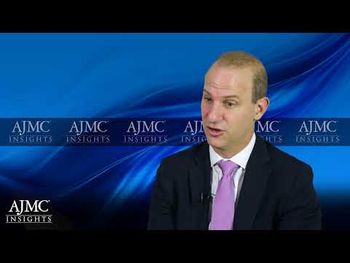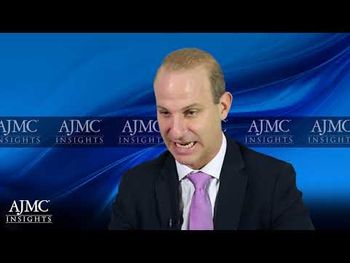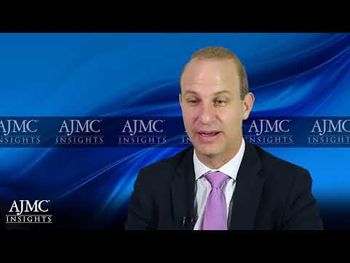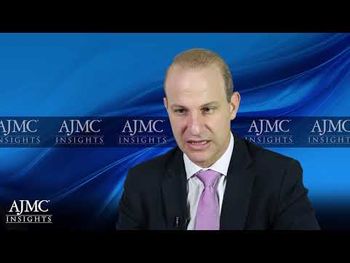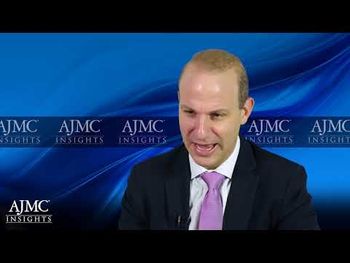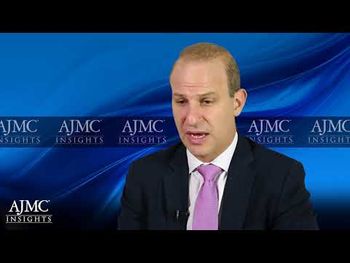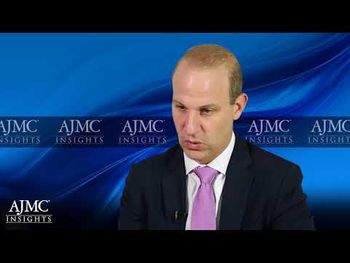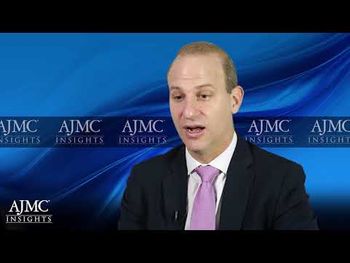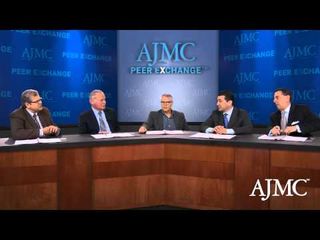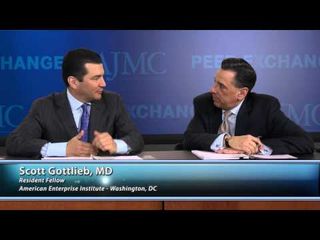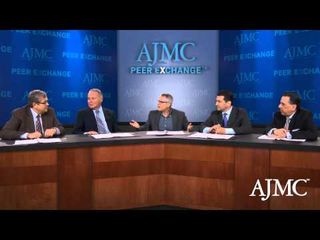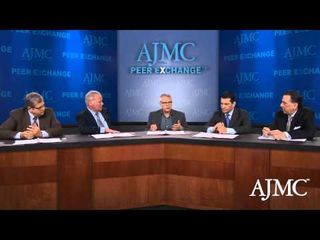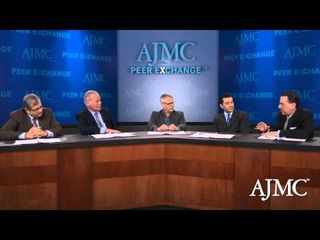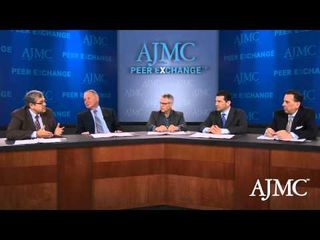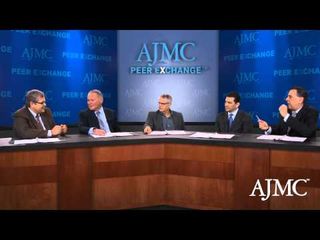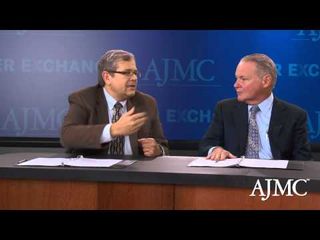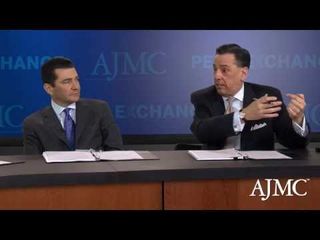
Insurance
Latest News
Latest Videos

CME Content
More News
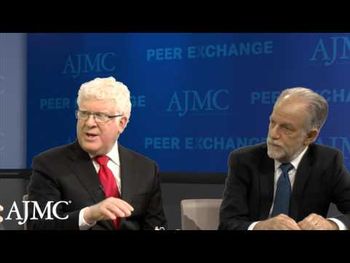
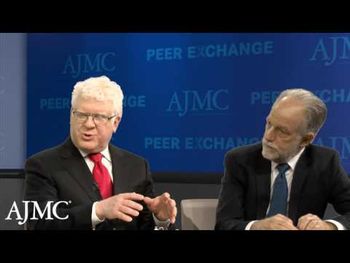
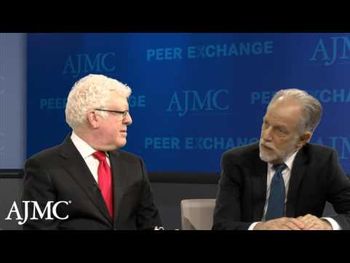

The proposed cuts would come just as CMS is gearing up to launch the Diabetes Prevention Program in Medicare starting in January 2018. Diabetes accounts for $1 of every $3 spent in Medicare, and CMS has been looking for ways to slow the number of beneficiaries who develop the disease.

The notion of letting Medicare negotiate drug prices has been around for years, but has recently gained new traction under President Donald Trump. Panelists at the ISPOR 22nd Annual International Meeting, held May 20-24 in Boston, Massachusetts, discussed the complexities of allowing Medicare to negotiate prices and whether or not it would produce meaningful savings.

The former House healthcare expert said that changes are sure to come to the AHCA when the Senate takes up the bill, especially in the Medicaid provisions.

This week, the top managed care stories included the White House budget director hinting at mandatory drug rebates in Medicare; a global cyberattack locked physicians out of patient records; and the National Diabetes Prevention Program released promising data from the first 4 years.

Following a whistleblower’s assertion that UnitedHealth Group was inflating Medicare diagnoses in order to get more money from the Medicare program, the US Department of Justice has filed a lawsuit alleging the company knowingly inflated risk adjustment payments by making beneficiaries seem sicker than they were.

The provision in the Affordable Care Act to remove cost sharing for preventive care visits created a shift in how Medicare pays with a greater emphasis on prevention and managing chronic diseases, and less on treatment of acute illness, said Mariétou Ouayogodé, PhD, post-doctoral fellow at The Dartmouth Institute for Health Policy and Clinical Practice at the Geisel School of Medicine at Dartmouth.

This study highlights disparities in care for diabetes and hypertension for individuals with serious mental illness compared with the general Medicaid and Medicare populations.

As Medicare has no limit capping out-of-pocket costs and supplemental coverage can be expensive, many beneficiaries are spending significant portions of their income out-of-pocket on medical care or premiums, according to a recent report published by the Commonwealth Fund.

The study found that the more classes the participants took, the more weight they lost. The DPP is set to begin in Medicare in January 2018.
